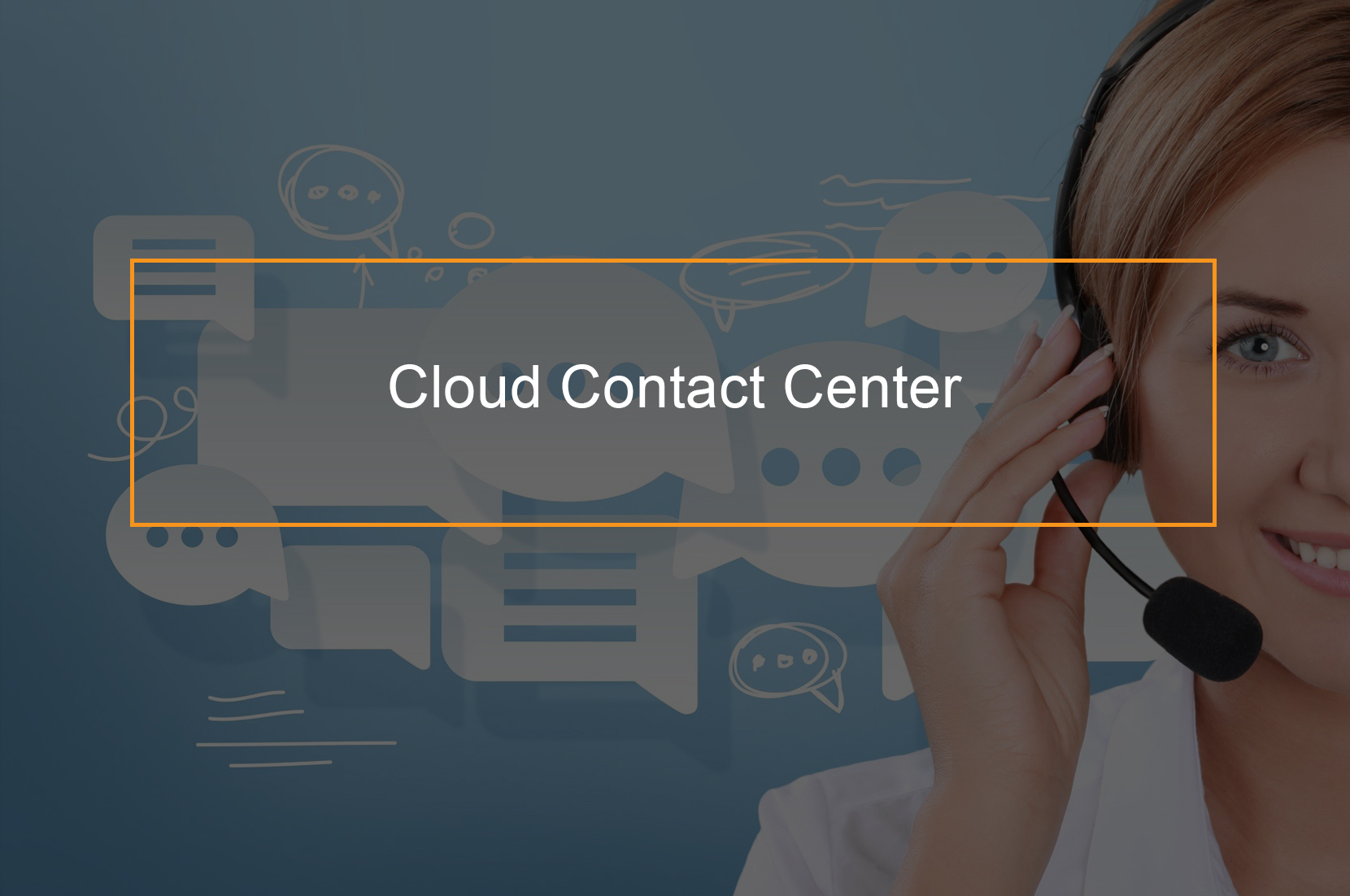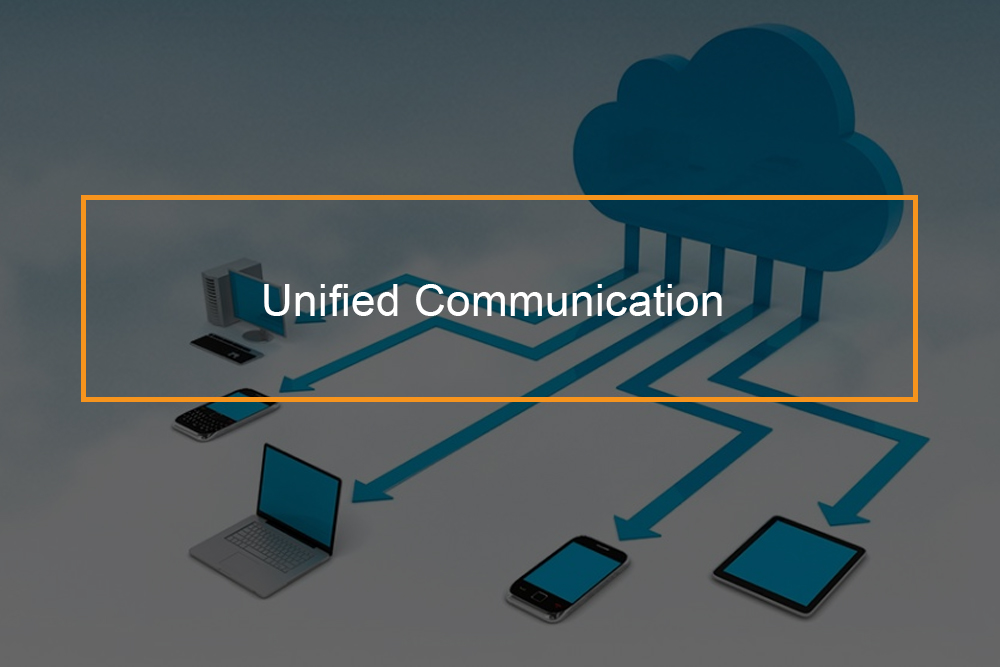Call center software: A critical tool for improving customer service

Understanding Call Center Software
In the age of digital transformation, customer service is undergoing a remarkable evolution. Call Center Software is at the forefront of this transformation, revolutionizing the way businesses interact with their customers. This article explores the capabilities and benefits of call center software, shedding light on how it empowers businesses to enhance their customer support operations.
What Is Call Center Software?

Call center software is a technology solution designed to streamline and optimize the communication processes between a business and its customers. It provides a centralized platform that integrates various communication channels, such as voice calls, emails, chats, and social media interactions, enabling businesses to efficiently manage customer inquiries and issues.
Key Features of Call Center Software
Call center software is a crucial tool for businesses and customer support organizations to manage and streamline their inbound and outbound communications. It offers a wide range of features designed to enhance customer service, improve efficiency, and optimize call center operations.
| Here are some key features commonly found in call center software: |
- Automatic Call Distribution (ACD): ACD routes incoming calls to the most appropriate agent or department based on predefined criteria, such as agent skills, availability, or caller ID.
|
- Interactive Voice Response (IVR): IVR systems use pre-recorded voice menus and keypad input to route calls or provide information to callers without the need for human intervention.
|
- Call Queuing: Incoming calls are placed in a queue when all agents are busy, ensuring callers don’t get a busy signal and are serviced as soon as possible.
|
- Call Recording: The ability to record and store calls for quality assurance, compliance, and training purposes.
|
- Caller ID: Provides agents with information about the caller, including their name, contact history, and other relevant details.
|
- CRM Integration: Integration with Customer Relationship Management (CRM) software to provide agents with a complete view of customer interactions and history.
|
- Real-time Analytics and Reporting: Provides supervisors with real-time data on call center performance, including metrics like call volume, wait times, and agent performance.
|
- Call Monitoring and Whispering: Supervisors can listen in on calls and provide guidance to agents without the caller’s knowledge (whispering).
|
- Call Transfer and Conferencing: Allows agents to transfer calls to other agents or departments and set up conference calls when needed.
|
- Voicemail and Callback: Handles voicemail messages and offers callback options for customers who don’t want to wait on hold.
|
- Scripting and Knowledge Base: Provides agents with scripted responses and access to a knowledge base to assist with common customer inquiries.
|
- Multichannel Support: Beyond phone calls, many call center software solutions also support other communication channels like email, chat, SMS, and social media.
|
- Predictive and Power Dialing: Outbound call center features that automate the dialing process, improving agent efficiency.
|
- Call Whispering and Barging: Supervisors can provide real-time feedback to agents (whisper) or join calls (barge) when necessary.
|
- Queue Monitoring: Allows supervisors to monitor the call queue and allocate resources as needed to maintain service levels.
|
- Call Analytics: In-depth analysis of call data to identify trends, optimize processes, and improve customer service.
|
- Integration with Third-party Tools: The ability to integrate with other software tools and platforms, such as helpdesk software, workforce management, or analytics tools.
|
- Customization and Scalability: Flexibility to customize the software to fit the specific needs of the call center and the ability to scale up or down as needed.
|
- Security and Compliance: Features and protocols to ensure the security of customer data and compliance with industry regulations like GDPR or HIPAA.
|
- Remote Agent Support: The capability for agents to work from remote locations with access to the same features and tools as in-office agents.
|
Benefits of Call Center Software
Call center software offers a wide range of benefits for businesses and organizations that rely on customer support and communication. These benefits can significantly improve efficiency, customer satisfaction, and overall operational effectiveness. Here are some key advantages of using call center software:
| Here are some key features commonly found in call center software: |
- Enhanced Customer Service: Call center software helps agents provide better customer service by giving them access to customer data, call history, and scripts, enabling them to resolve issues more efficiently.
|
- Improved Call Routing: Automatic Call Distribution (ACD) ensures that calls are routed to the most appropriate agent based on various criteria, such as skills, availability, or the nature of the inquiry.
|
- Reduced Call Waiting Times: Call queuing ensures that customers are kept on hold for the shortest possible time, reducing frustration and improving customer satisfaction.
|
- Multi-Channel Support: Many call center software solutions support multiple communication channels, including phone calls, email, chat, SMS, and social media, allowing businesses to engage with customers on their preferred platform.
|
- Increased Agent Efficiency: Features like scripting, knowledge bases, and automated workflows help agents handle calls more efficiently, reducing handling times and increasing the number of calls they can handle.
|
- Call Recording and Quality Assurance: Call recording features enable businesses to monitor and review calls for quality assurance, training, and compliance purposes.
|
- Enhanced Reporting and Analytics: Real-time and historical reporting tools provide valuable insights into call center performance, allowing for data-driven decision-making and process optimization.
|
- Better Call Management: Call center software allows supervisors to monitor calls, whisper to agents for coaching, and even join calls when necessary to ensure quality service.
|
- Scalability: Many call center software solutions are highly scalable, making it easy to add or remove agents and resources as call volumes change.
|
- Cost Savings: Efficient call handling, reduced call times, and the ability to leverage remote agents can lead to significant cost savings in terms of labor and operational expenses.
|
- Customer Engagement and Retention: By providing efficient and personalized service, call center software helps improve customer satisfaction and retention rates.
|
- Increased First-Call Resolution: With access to customer data and knowledge bases, agents are more likely to resolve customer issues during the initial call, reducing the need for follow-up interactions.
|
- Compliance and Security: Call center software often includes features to help businesses comply with industry regulations and maintain data security, which is crucial for industries like healthcare and finance.
|
- Remote Work Capabilities: Many call center software solutions offer the flexibility for agents to work remotely, which can be especially valuable during times of crisis or for businesses with a geographically dispersed workforce.
|
- Customer Feedback and Surveys: Some call center software includes tools for gathering customer feedback and conducting post-call surveys to gather insights and measure customer satisfaction.
|
- Integration with Other Systems: Call center software can integrate with other business systems like CRM, helpdesk software, and e-commerce platforms, ensuring a seamless flow of information.
|
Overall, call center software is a critical tool for businesses looking to provide excellent customer service, optimize their call center operations, and adapt to changing customer communication preferences. It helps organizations enhance customer satisfaction, improve efficiency, and achieve their business goals.
How to Choose the Right Call Center Software for Your Business

Choosing the right call center software for your business is a crucial decision that can significantly impact your customer service, efficiency, and overall success. To choose the right call center software for your business, you need to consider a number of factors, including:
- The size of your call center: How many agents do you have? How many calls do you receive each day?
- The features you need: What features are most important to your business? Do you need a cloud-based solution or an on-premises solution?
- Your budget: How much are you willing to spend on call center software?
Once you have considered these factors, you can start to research different call center software solutions. Here are some tips for choosing the right call center software for your business:
- Make a list of your must-have features. What features are essential for your business? Do you need automatic call routing? IVR? Call recording? Call reporting? Make a list of the features that are most important to you and use that list to narrow down your options.
- Consider your budget. Call center software can range in price from a few hundred dollars per month to tens of thousands of dollars per month. It is important to set a budget before you start shopping so that you don’t overspend.
- Read reviews. Once you have a few call center software solutions in mind, read reviews from other businesses. This can help you to get a sense of the pros and cons of each solution.
- Compare features. Once you have narrowed down your options, compare the features of each call center software solution. Make sure that the solution you choose has all of the features that you need.
- Get a free trial. Many call center software solutions offer free trials. This is a great way to try out the software before you commit to a paid subscription.
| Here are some additional tips for choosing the right call center software for your business: |
- Look for a solution that is easy to use. The call center software should be easy for your agents to learn and use. This will help them to be more productive and to provide better customer service.
|
- Choose a solution that is scalable. Your business may grow in the future, so it is important to choose a call center software solution that can scale to meet your needs.
|
- Select a vendor with a good reputation. It is important to choose a call center software vendor with a good reputation. This will help you to ensure that you get the support that you need if you have any problems with the software.
|
Choosing the right call center software for your business is an important decision. By following the tips above, you can choose a solution that will help you to improve customer service, increase agent productivity, and reduce costs.
Conclusion
In today’s competitive business landscape, providing exceptional customer service is essential for success. Call center software has emerged as a vital tool for businesses to achieve this goal. By integrating communication channels, automating processes, and providing valuable insights, call center software empowers businesses to deliver top-notch customer service, improve efficiency, and drive growth. As the digital age continues to reshape customer expectations, embracing call center software is a strategic move that can help businesses stay ahead of the curve and thrive in a customer-centric world.












